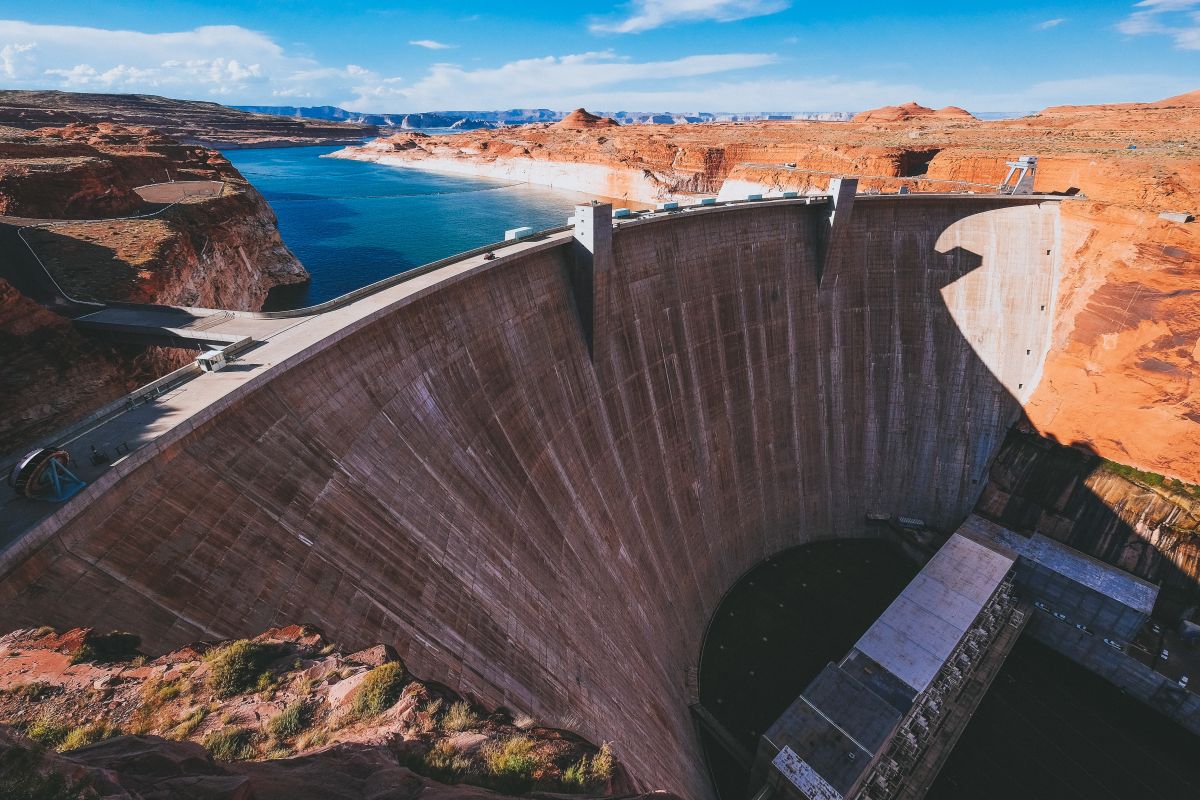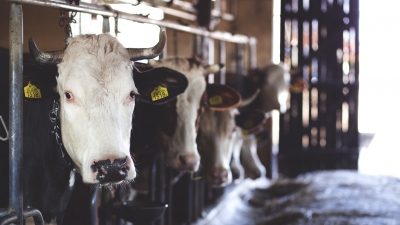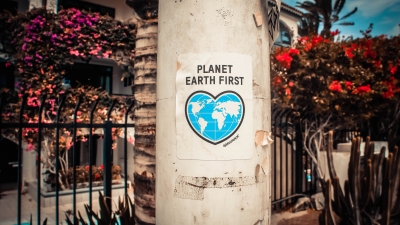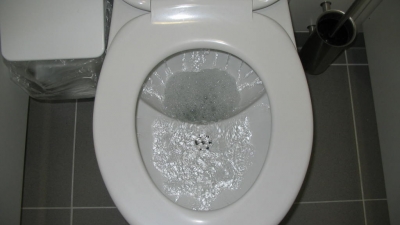Met het doel voor ogen
The 2015 dystopian blockbuster ‘Mad Max: Fury Road’ takes place in a world plagued by drought. The water supply is controlled by a violent oppressor named Immortan Joe. In one pivotal scene, we see how he opens an immense tap for his thirsty and dying subjects. The movie illustrates how water has become a source of conflict and a source of wealth. And although of course this is fiction, it’s more real than you might think. For now, there is sufficient fresh water on the planet for all humans, but it's not equally divided. The question is: how can we distribute it fairly, especially in the face of climate change? In her lecture ‘Who’s got the right to water’ legal scholar Dr Daphina Misiedjan argues that there is no easy answer.
Water stress
The drought-stricken landscape in Mad Max bears an uncanny resemblance to real places on earth, like the area around Cape Town, South Africa or California. The problem will worsen in the years to come. Dr Misiedjan shows where there will be water stress in 2040: from the United States to Australia, from Spain to Ukraine, and all the countries Northern Africa and the Middle-East. These predictions stand in stark contrast to Sustainable Development Goal number 6, that strives to ‘ensure access to water and sanitation for all’. Besides that, it also clashes with the human right to water.

Human right to water
The human right to water entitles everyone to sufficient, safe, acceptable, physically accessible and affordable water for personal and domestic uses. The amount of water available to a person should be around 20 to 100 liters, depending on your health state and the climate you live in. You should have enough water for drinking, food preparation, personal and household hygiene and to wash your clothes. Countries have the responsibility to make sure that their inhabitants have access to water for these purposes. But due to bad leadership and economics or poor infrastructure, millions of people don’t have access to fresh water and die every year from diseases associated with inadequate water supply, and a lack of sanitation and hygiene. This happens not only in traditional ‘developing countries’ such as India or Bangladesh, but also in Western countries. In the American town of Flint, the tap water is contaminated with lead due to degradation of the pipes. As a result people fall ill and children die. Unfortunately, no one has been held accountable yet.

Does nature have a right to water?
When it comes to access to water or water quality it is important to get the priorities right. People always trump agriculture for example. Of course there is a focus on human needs, but Misiedjan stresses that we should also focus on ecology. Rivers are running dry or are heavily polluted. In the law progress is made to protect rivers and precious ecosystems. In New Zealand the Whanganui River, Te Urewera Park and Mount Taranaki are natural phenomena that have special meaning to the Maori people. These natural resources are now recognised as an ancestor and this has been translated into legal personhood. The river, the park and the mountain have the same right as people. This means that if somebody pollutes the river, one can take him to court. Also in the Netherlands, scholars are lobbying to give the Waddenzee the same legal status as humans.

Hydro-political issues
It is clear that when it comes to water there are many competing needs. Considering that in the future water stress will only get worse, we can be sure that many 'hydro-political issues' will arise: conflicts between people and countries over water. In many places bodies of water, like a lake or a river, are shared. Take for example the Nile, which flows through 11 countries. For more than 300 million people — a number that will probably double in the coming decades, while the amount of available water will continue to shrink due to climate change — the river is a lifeline. Ethiopia has built a dam, meaning they have control over the river. Understandably the two downstream countries Egypt and Sudan, are very concerned and a ‘water war’ is brewing. Many crises around water revolve around power, poverty and inequality.
Water is a source of life, but also of conflict. From seemingly small conflicts, such as households in the Netherland disconnected from the water system and farmers who are stealing water in times of drought, to big conflicts around the Nile basin and many, many other places around the world. Access to clean water is not something we should be taking for granted. Therefore, it is no wonder that Misiedjan emphasises the need to make sure that there are adequate legal frameworks concerning the rights to water. We definitely can no longer go with the flow.




